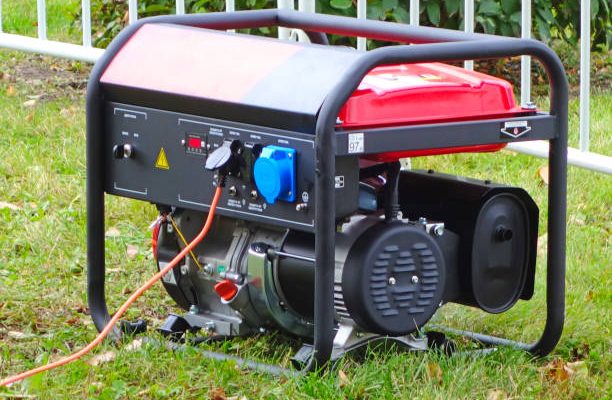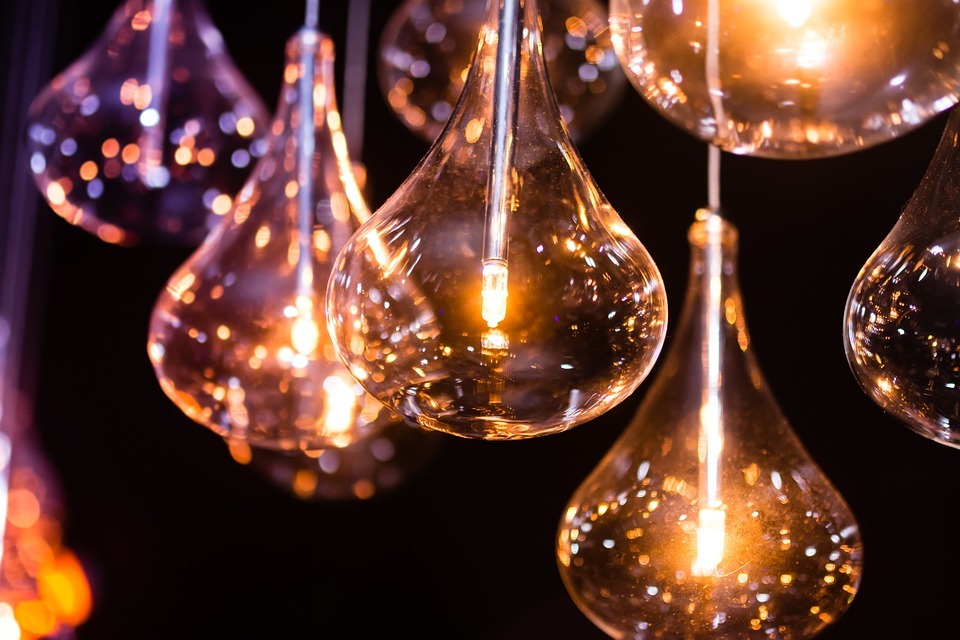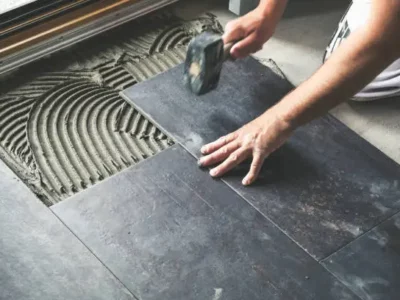Generators are a great way to have backup power in case of an emergency, but will having one installed on your property increase or decrease the resale value of your home? Here are a few tips that will come in handy if you decide to install a generator, and a few details on why it can’t be said definitively if it will increase the resale value of your home or not.
Don’t Overspend (What to Look for in a Generator)
One of the best ways to add value to your home is by installing a generator. A standby generator can provide backup power in the event of an outage, which is great for keeping your appliances running and your family comfortable. However, not all generators are created equal. That doesn’t mean you have to spend tons of money to get one that suits your needs. If you’re looking for a budget-friendly generator you should definitely check out some online reviews before you choose. You can check out some choices at https://generatorgrid.com/cheap/ so you’re better informed before deciding which one is right for you. Here are a few things you should consider when shopping for a generator:
- Size: Make sure you select a generator that is the right size for your needs. It’s important to choose a model that can handle the load of all the appliances you want to run during an outage.
- Fuel type: generators come in two varieties: gas and diesel. Gas generators are easy to use, but they can only run for a certain amount of time before you have to refill the tank. Diesel generators are more efficient and can run for longer periods of time, but they require more maintenance.
- Output: Another important consideration is the output of the generator. This tells you how much power the generator can produce. You’ll want to make sure the output is sufficient to run your desired appliances.
- Noise level: If you plan to use your generator at home, you’ll want to choose one that doesn’t produce a lot of noise. Some generators are louder than others, so be sure to read the specs before making a purchase.
- Warranty: It’s always a good idea to buy a generator with a good warranty. This will ensure that you have coverage in case something goes wrong with the unit.
How it May Increase the Value of Your Home
Most homeowners tend not to give much thought to their home’s electrical system until something goes wrong. And if that something happens to be a power outage, they may find themselves scrambling to find a generator to buy or rent. While a generator can provide emergency power during a blackout, it can also have another important benefit: increasing the value of your home. Here are three reasons why installing a generator may increase the value of your home:
- Peace of mind: One of the biggest benefits of having a generator is the peace of mind it provides. Knowing that you have a backup power source in case of a power outage can be a huge relief, especially if you live in an area that is prone to outages.
- Increased safety: A generator can also help increase the safety of your home. For example, if you have a home office and a power outage occurs during the day, having a generator can allow you to keep working without having to worry about losing power.
- Added convenience: A generator can also provide added convenience, such as the ability to run your air conditioner or furnace during an outage. This can be especially helpful during extreme weather conditions.
If you’re considering installing a generator, be sure to consult with a qualified electrician to ensure that your home’s electrical system can handle the additional load.
Installation and Maintenance Costs
The cost of a home generator installation can vary greatly, depending on the size of the unit, the type of fuel it uses, and the complexity of the installation. A small, gasoline-powered generator can cost as little as $200 to install, while a large, natural gas-powered generator can cost more than $10,000.
Most homeowners pay between $1,500 and $3,500 for a home generator installation. This typically includes the cost of the generator itself, delivery and installation, and any necessary permits or licenses. The cost of annual maintenance for a home generator varies depending on the size of the unit but typically ranges from $100 to $300.
Installing a generator can be a great way to prepare for a power outage, but will it increase the resale value of your home? This article reviews some of the benefits of installing a generator and provides an overview of the pricing.






















